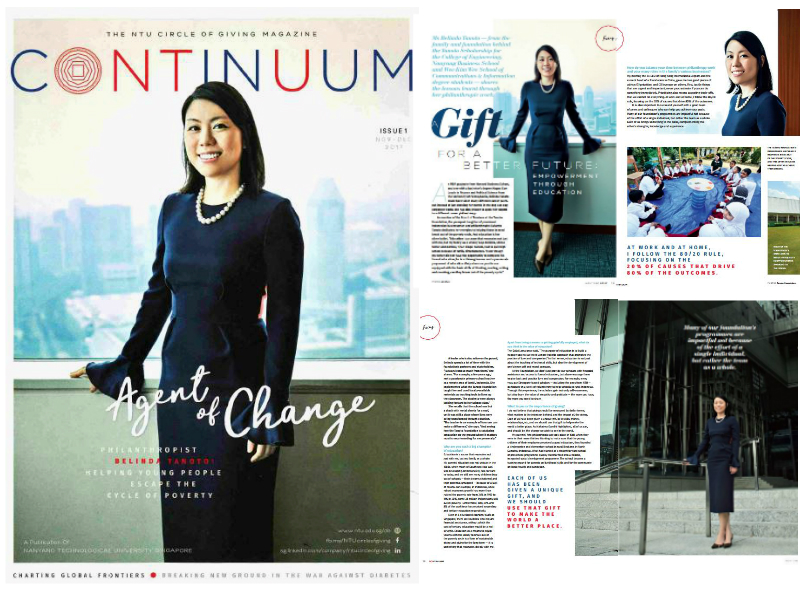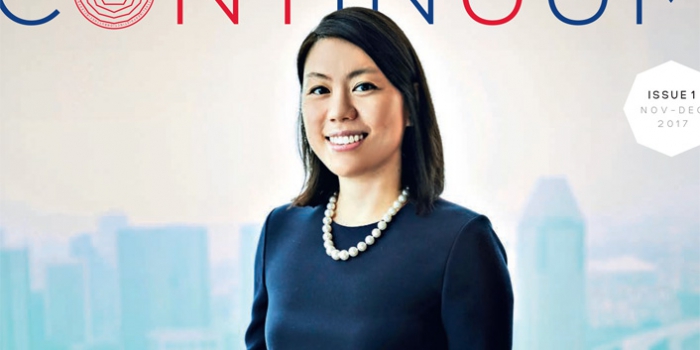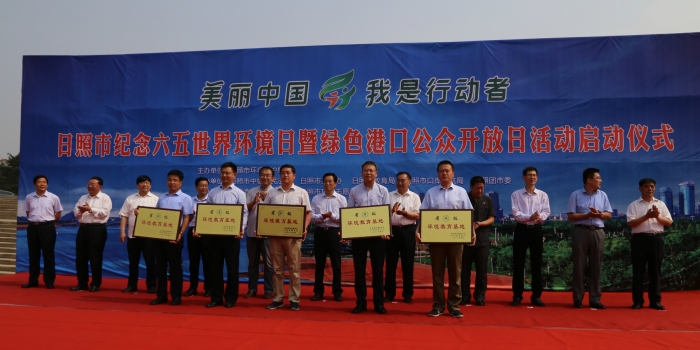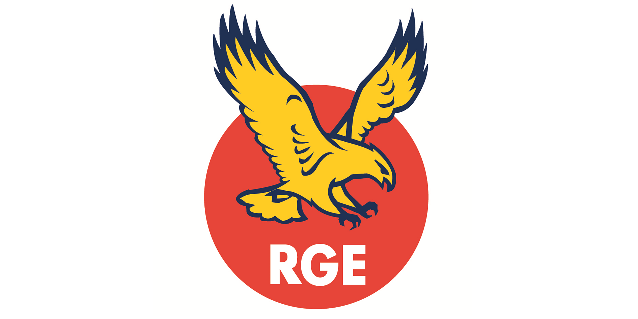Tanoto Foundation member Belinda Tanoto was featured in the Nov-Dec issue of NTU’s Continuum Magazine (pages 15-19).
The article below is shared with permission from NTU.
A Gift for a Better Future: Empowerment through Education
Ms Belinda Tanoto — from the family and foundation behind the Tanoto Scholarship for the College of Engineering, Nanyang Business School and Wee Kim Wee School of Communications & Information degree students — shares the lessons learnt through her philanthropic work
An MBA graduate from Harvard Business School, and one with a bachelor’s degree Magna Cum Laude in Finance and Political Science from the University of Pennsylvania, Belinda Tanoto could have taken many different career paths. But instead of just showing her mettle in the dog-eat-dog corporate world, she has also chosen to apply her talents to a different cause: philanthropy.
As member of the Board of Trustees at the Tanoto Foundation, the youngest daughter of prominent Indonesian businessman and philanthropist Sukanto Tanoto dedicates her energies to helping those in need break out of the poverty cycle. And education is her silver bullet. “Education is a cause that resonates not just with me, but my family as a whole,” says Belinda, whose father and mother, Tinah Bingei Tanoto, had to quit high school because of family circumstances. “Even though my father did not have the opportunity to complete his formal education, he is a lifelong learner and a passionate proponent of education. Only when our youths are equipped with the basic skills of thinking, reading, writing and counting, can they break out of the poverty cycle.”
A leader who is also active on the ground, Belinda spends a lot of time with the foundation’s partners and stakeholders. “I always learn so much from them,” she shares. “For example, a few years ago, I met a passionate primary school teacher in a remote area of Jambi, Indonesia. She implemented what the Tanoto Foundation taught her and used locally-available materials as teaching tools to liven up the classroom. The students were always looking forward to her science class.”
She recalls that the school was but a shack with metal sheets for a roof, yet it was still a place where lives were being transformed through education. “The teacher is an example of how one can make a difference,” she says. “And seeing how the Tanoto Foundation is catalysing innovation on the ground where it matters most is very rewarding for me personally.”
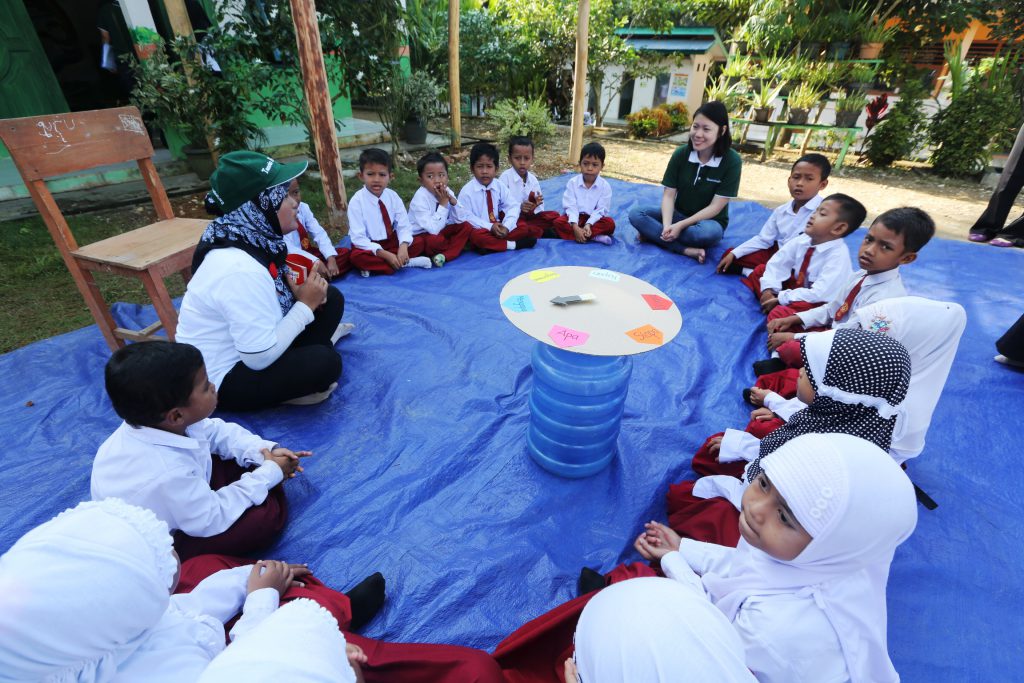
Why are you such a big champion of education?
Education is a cause that resonates not just with me, but my family as a whole. My parents’ situation was not unique in the 1960s, when much of Southeast Asia was still developing. Unfortunately, fast-forward to today, and we still see many children drop out of schools — their dreams shattered and their potential untapped — because of a lack of means. For example, in Indonesia, while robust economic growth has more than halved the poverty rate from 24% in 1999 to 11% in 2015, some 28 million Indonesians still live in poverty. Furthermore, only 27% and 8% of the workforce has received secondary and tertiary education respectively.
Even in a developed economy such as Singapore, there are students who require financial assistance, without which the cost of tertiary education would be a real struggle. Education as a means to equip youths with the ability to break out of the poverty cycle is a form of sustainable giving and giving for the long term — it is something that resonates deeply with me.
Apart from being a means to getting gainfully employed, what do you think is the value of education?
The Dalai Lama once said, “The purpose of education is to build a happier society; we need a more holistic approach that promotes the practice of love and compassion.” In that sense, education is not just about the teaching of technical skills, but also the development of one’s inner self and moral compass.
At the Foundation, we don’t just provide our scholars with financial assistance and access to formal education, but also encourage them to give back and practice love and compassion. For example, every year, our Singapore-based scholars — including the ones from NTU — participate in a week of volunteering to help schools in rural Indonesia. Through this experience, the scholars gain not only self-awareness, but also learn the value of empathy and gratitude — the more you have, the more you need to share.
What to you is the importance of giving?
I do not believe that giving should be measured by dollar terms; what matters is the intention behind, and the impact of, the giving. Each of us have been given a unique gift, be it skills, money, relationships, etc, and we should use that gift to help make the world a better place. As Mahatma Gandhi highlighted, all of us can, and should be, the change we wish to see in the world. My parents’ first philanthropic act took place in 1981, when they were in their mere thirties. Wanting to make sure that the young children of their employees received a good education, they founded a kindergarten and elementary school in rural Besitang, in North Sumatra, Indonesia. What had started as a straightforward school improvement programme quickly transformed into a holistic, integrated social development programme. The school became a training ground for parents on livelihood skills and for the community on basic health and sanitation.
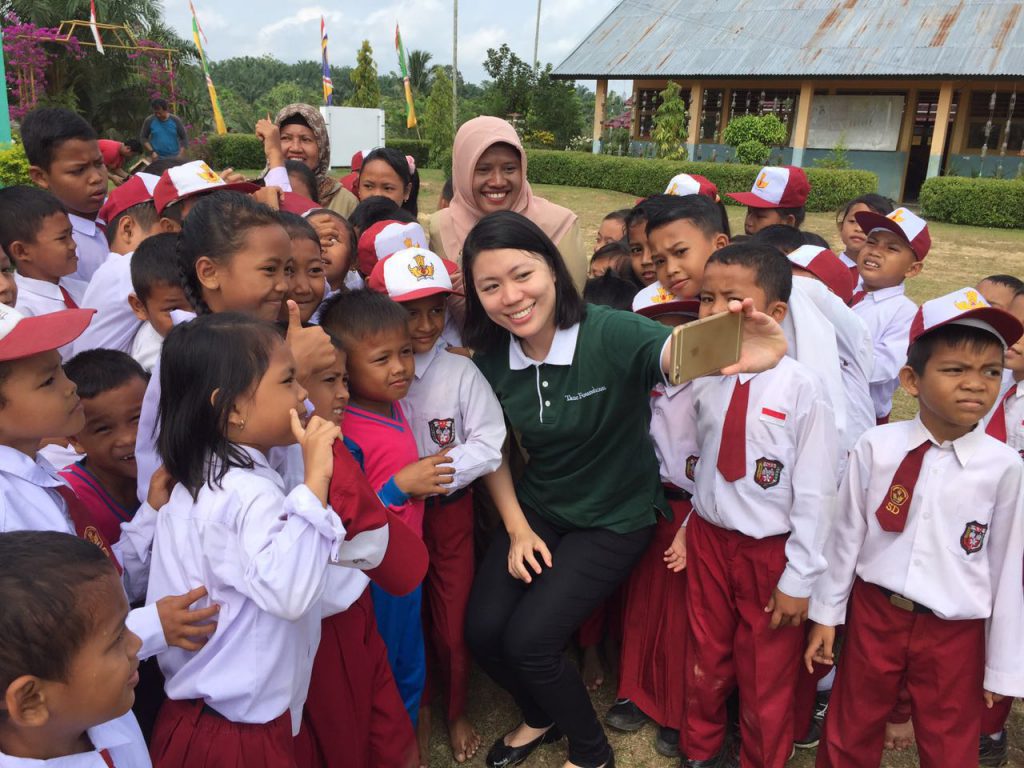
How do you balance your time between philanthropy work and your many roles in the family’s various businesses?
My mentor, the ex-CEO of Hong Kong International Airport and the current head of a foundation in China, gave me two good pieces of advice: (1) prioritise, and (2) leverage on others. First, tackle things that are urgent and important; never procrastinate if you can do something immediately. Prioritising also means accepting trade-offs, that we cannot do everything. At work and at home, I follow the 80/20 rule, focusing on the 20% of causes that drive 80% of the outcomes.
It is also important to surround yourself with a good team of peers and colleagues who can help you achieve your goals. Many of our foundation’s programmes are impactful not because of the effort of a single individual, but rather the team as a whole. Each of us brings something to the table, complementing the other’s strengths, knowledge and experience.
Education aside, what other social issues do you hope to tackle?
Inequality is one of the biggest challenges of our time. Earlier this year, Oxfam published a report that the world’s 8 richest individuals own the same amount of wealth as 3.6 billion of the world’s poorest individuals. The root causes of this inequality are many, including inequality of opportunity (those who are born rich have a head start in life), inequality in the labour market (high-skilled workers receive increasing wages, while the rest of the workforce is stuck in low-pay work), and unequal resilience to shocks (shocks disproportionately affect poor and vulnerable households, eroding their ability to earn incomes and invest in needed healthcare and education).
While there are many things that are dependent on government policies, I believe that individuals, foundations and the private sector can also help solve the problem by improving access to quality education and healthcare, as well as investing in the workforce to ensure the upgrading of skills. In line with this, our foundation is also expanding our scope of work from improving the quality of early childhood centres and elementary schools to the provision of vocational training. Only then, can Indonesia tap into its demographic dividend and close the inequality gap.
Click here to download NTU Circle of Giving’s Continuum Magazine.